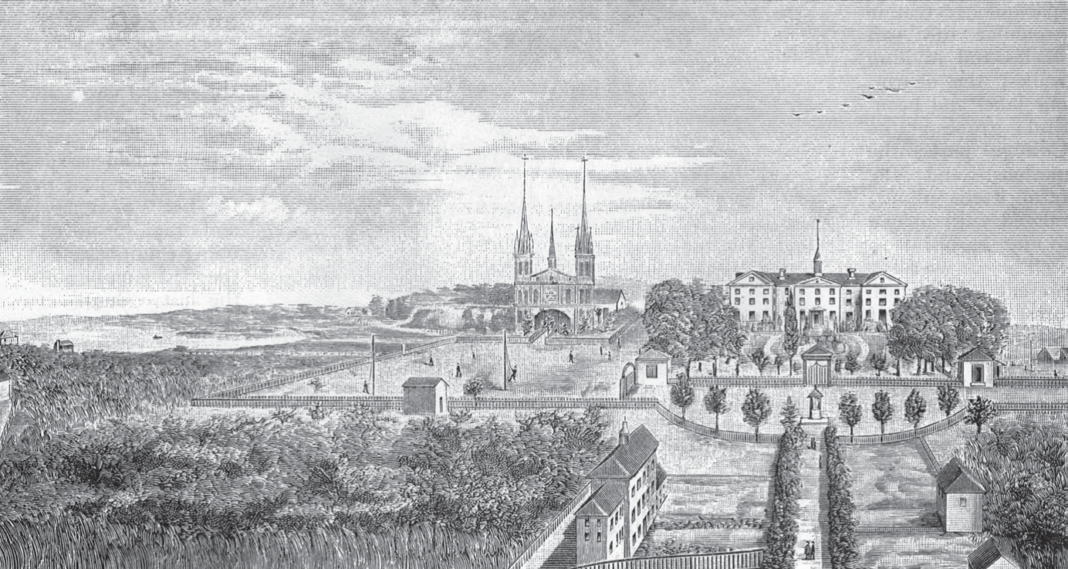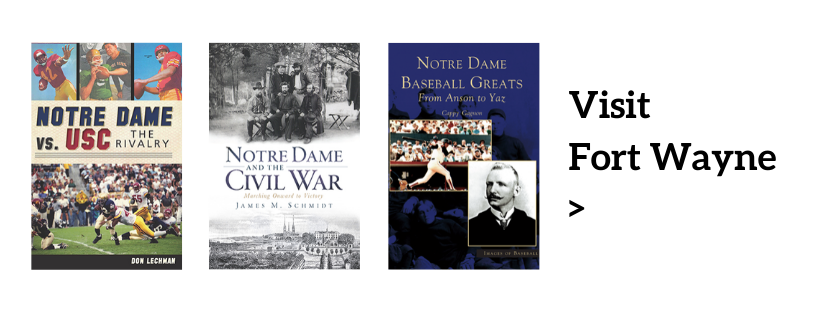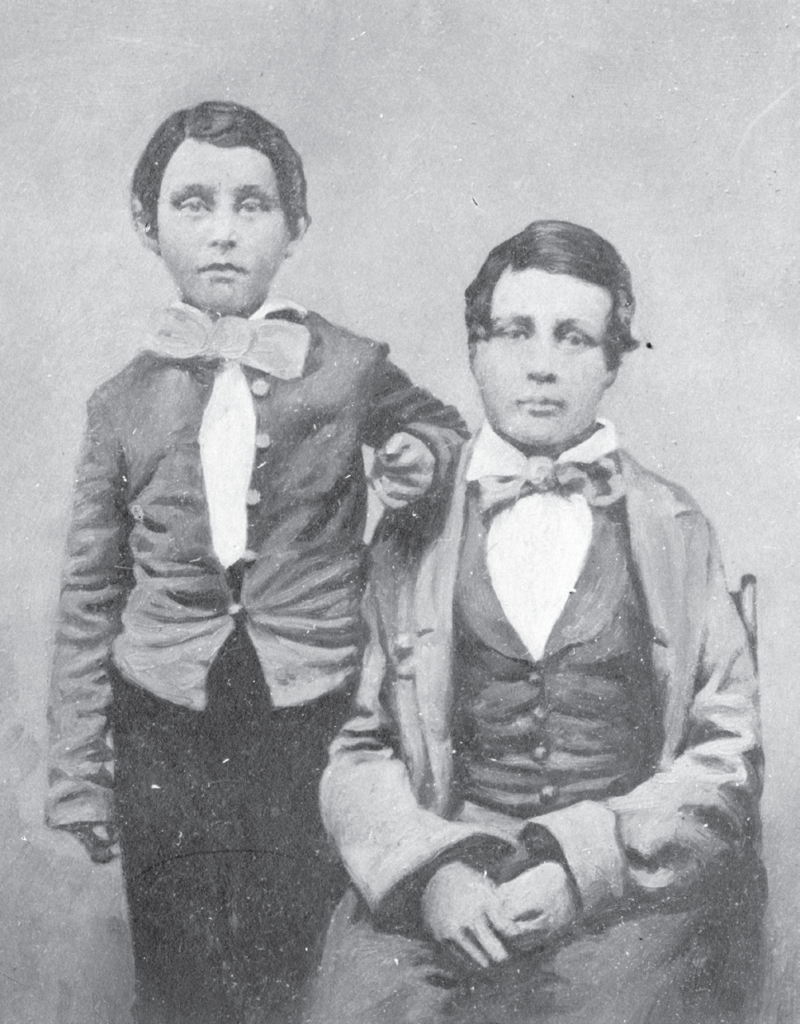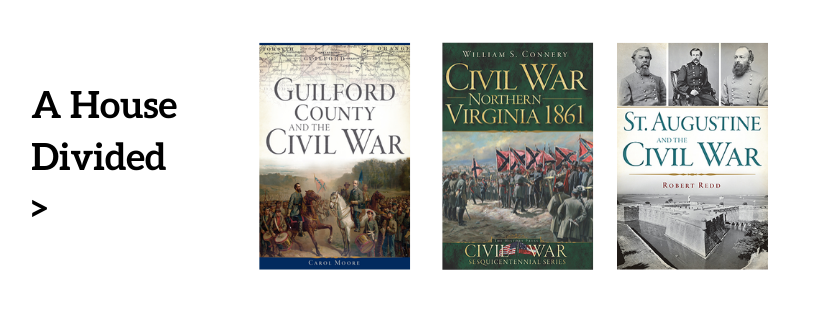
Two brothers played an important role in the Civil War
While many institutions of higher education made great sacrifices during the Civil War, few can boast of the dedication and effort made by the University of Notre Dame. For four years, Notre Dame gave freely of its faculty and students as soldiers, sent its Holy Cross priests to the camps and battlefields as chaplains, and dispatched its sisters to the hospitals as nurses.
But there’s a more surprising way Notre Dame contributed to the war, and it involves two young students named William A. Pinkerton and Robert A. Pinkerton.

William and Robert were brothers, and while they didn’t join the army, the Pinkerton brothers shared an exciting war with their father, famed private investigator Allan Pinkerton. Pinkerton was a native of Scotland, but had immigrated to the United States in 1842 in his early twenties. A copper by trade, Pinkerton set up shop in the Chicago suburbs but soon became engaged and admired for his police work. He was attached to the Windy City’s police force for a short time before founding Pinkerton’s National Detective Agency in 1850 and earning nationwide recognition for foiling and solving railroad and express robberies.
His sons William and Robert were both enrolled at Notre Dame during the 1860–61 school year, where Robert was especially well regarded by his fellow students and the faculty; one of the Holy Cross brothers considered him “the best-natured boy in the [play]yard.” Many years later, William wrote to Notre Dame and recalled that he and Robert both had “the kindest remembrances for the dear old place and everyone connected with it.”

Despite their ages—Robert was only thirteen and William fifteen—the boys were as eager as any of their classmates to enlist. William was allowed to leave his studies and join his father—now chief of the Union army’s secret service operation—in the field, while Robert continued his studies at Notre Dame for two more years before joining his father and brother.
William delivered dispatches, escorted agents behind enemy lines, got a bird’s-eye view of the Confederate lines in one of Thaddeus Lowe’s observation balloons, and was wounded in the knee by an exploding artillery shell during the Battle of Antietam. In the latter years of the war, Pinkerton and his sons were assigned to the Mississippi Valley, where they investigated contracting and war claims fraud on behalf of the government.
After the war, the boys became engaged with their father’s detective agency and assumed control when the elder Pinkerton died in 1884.


